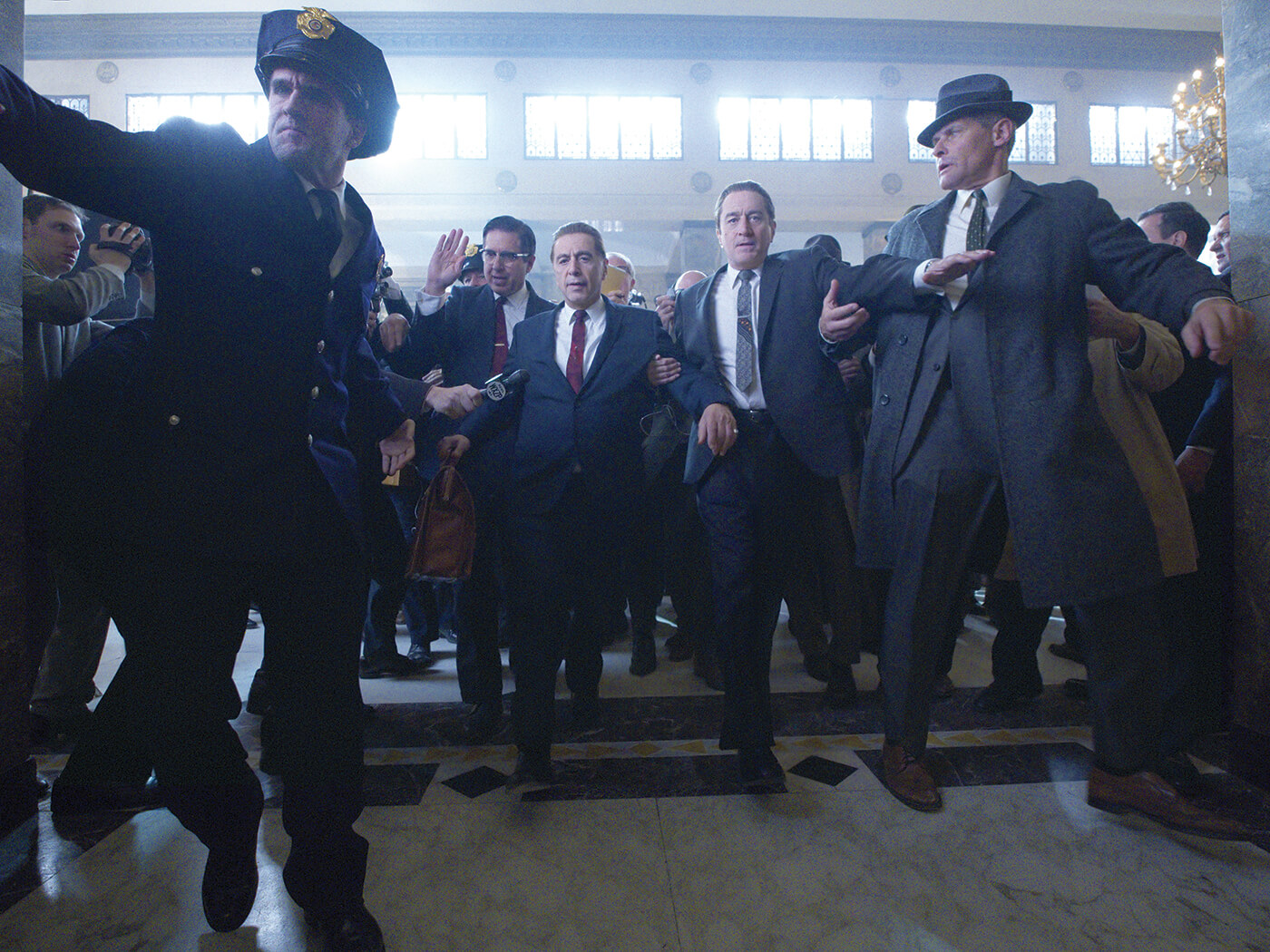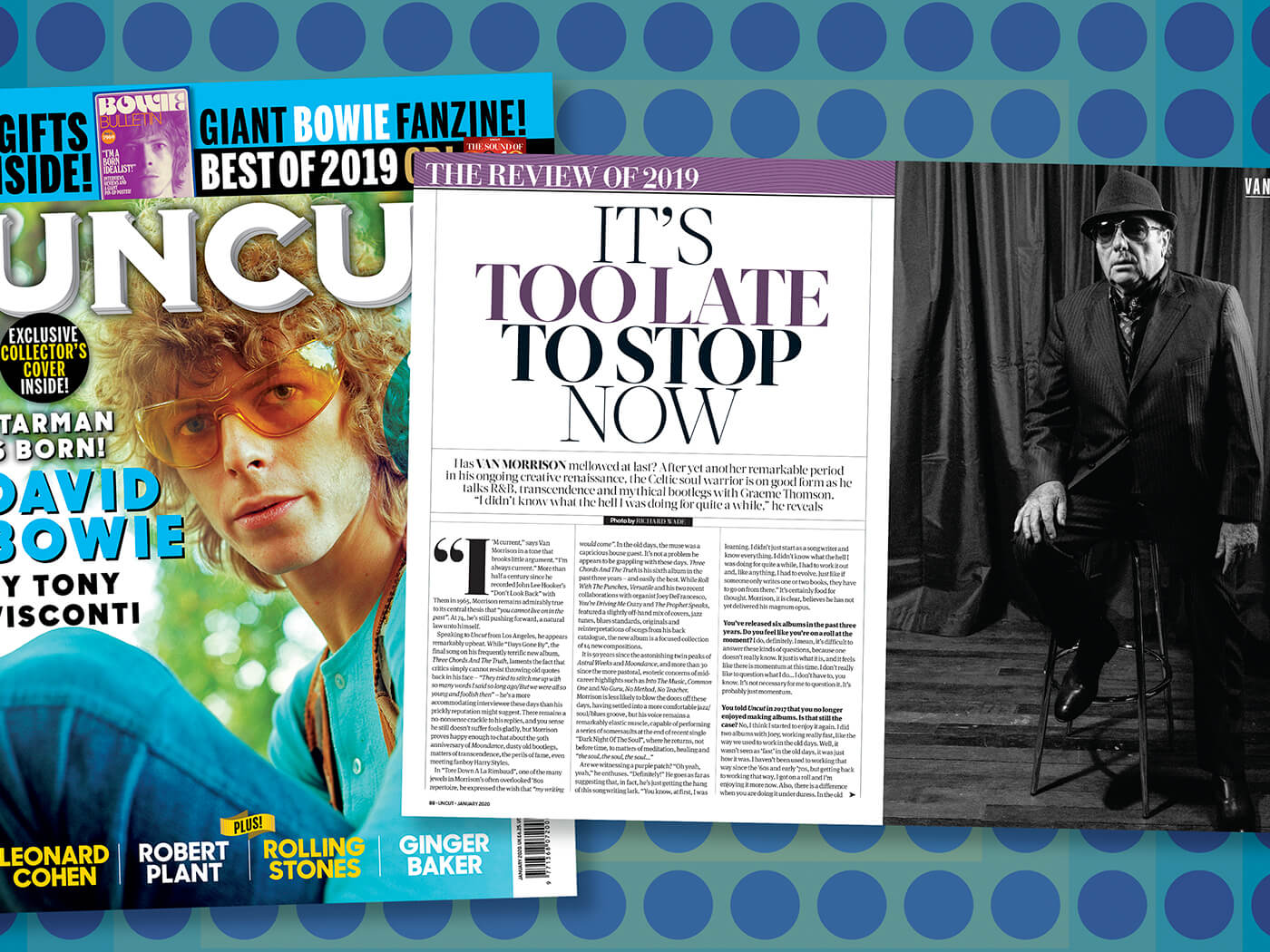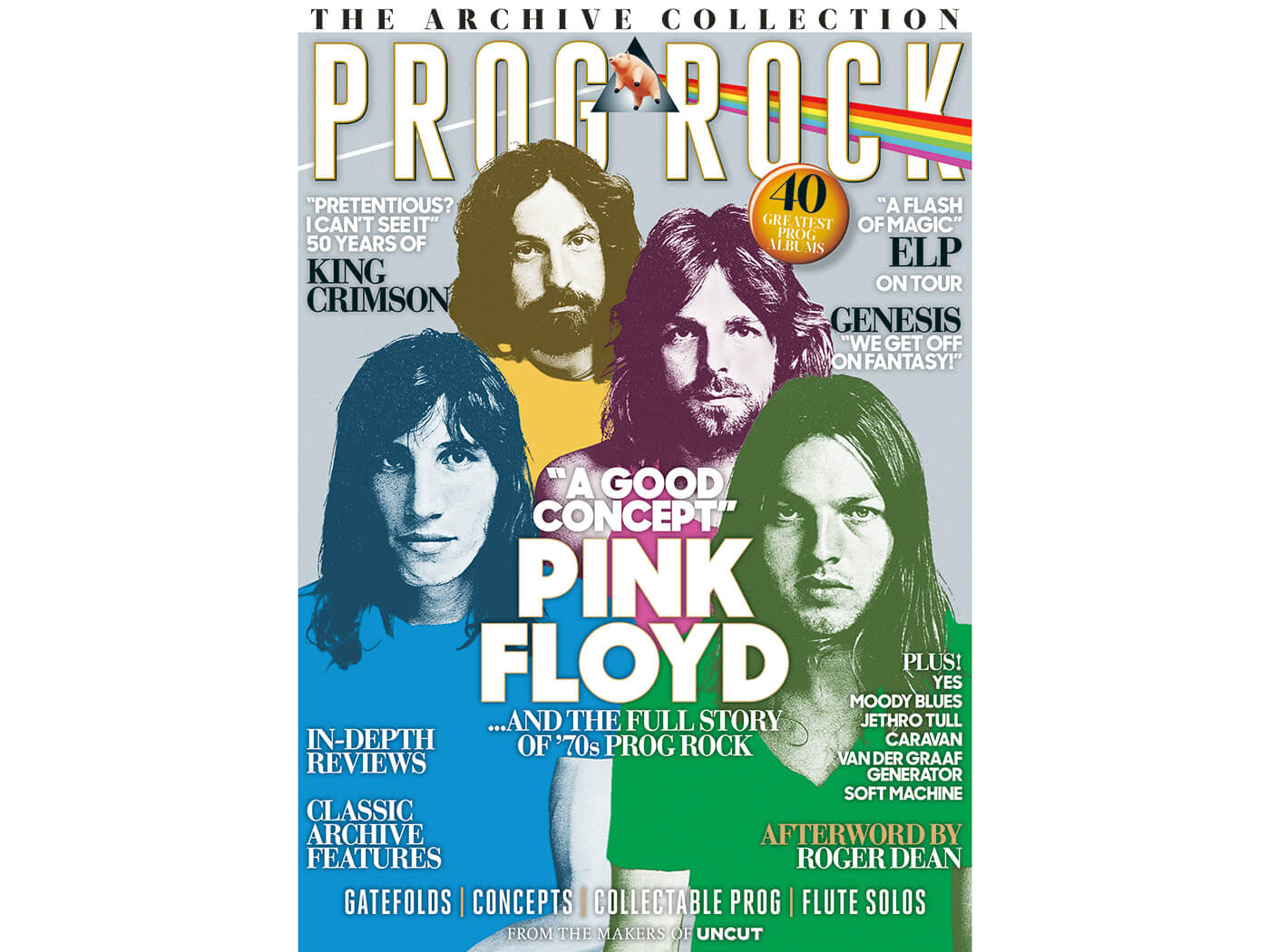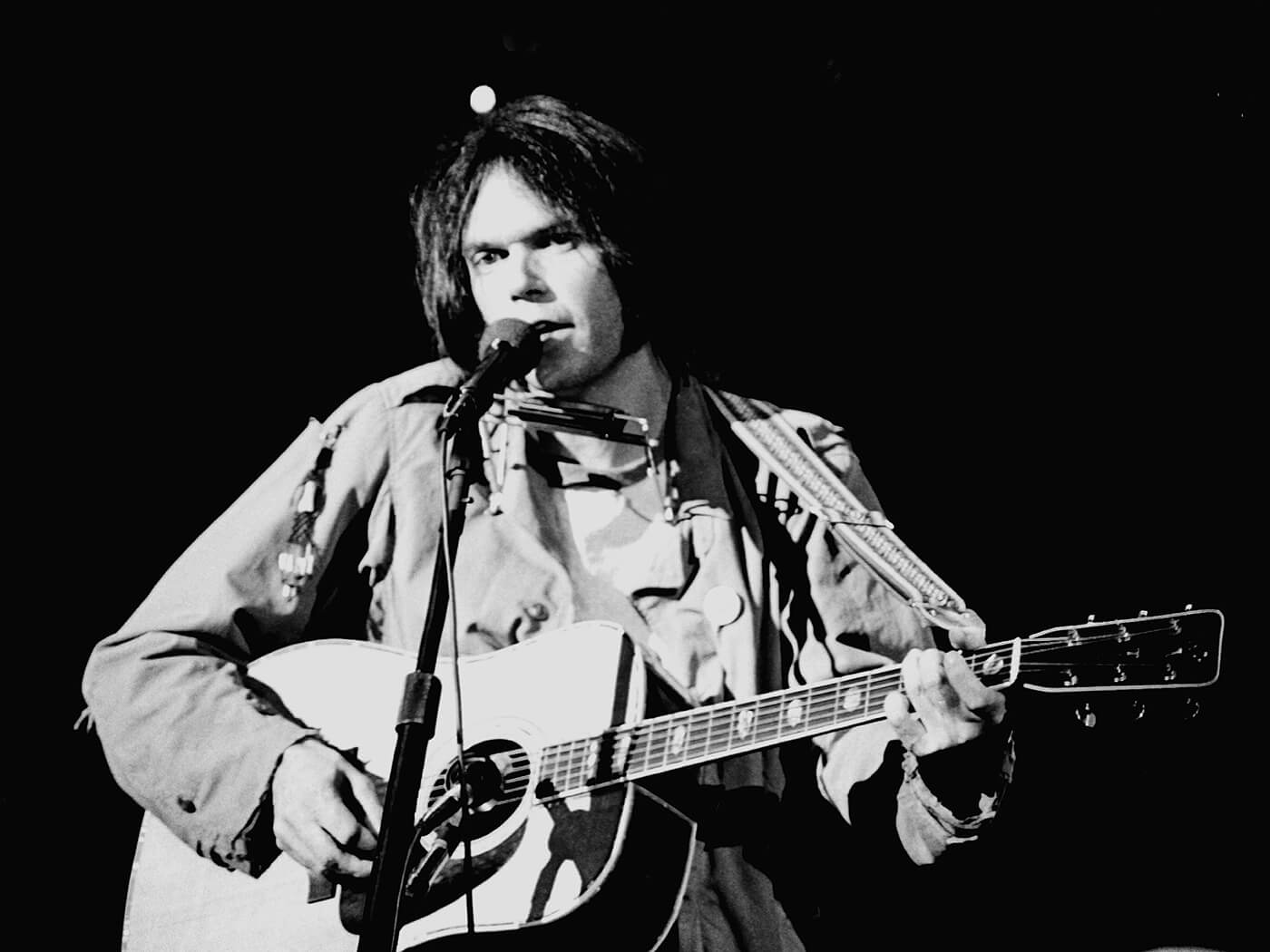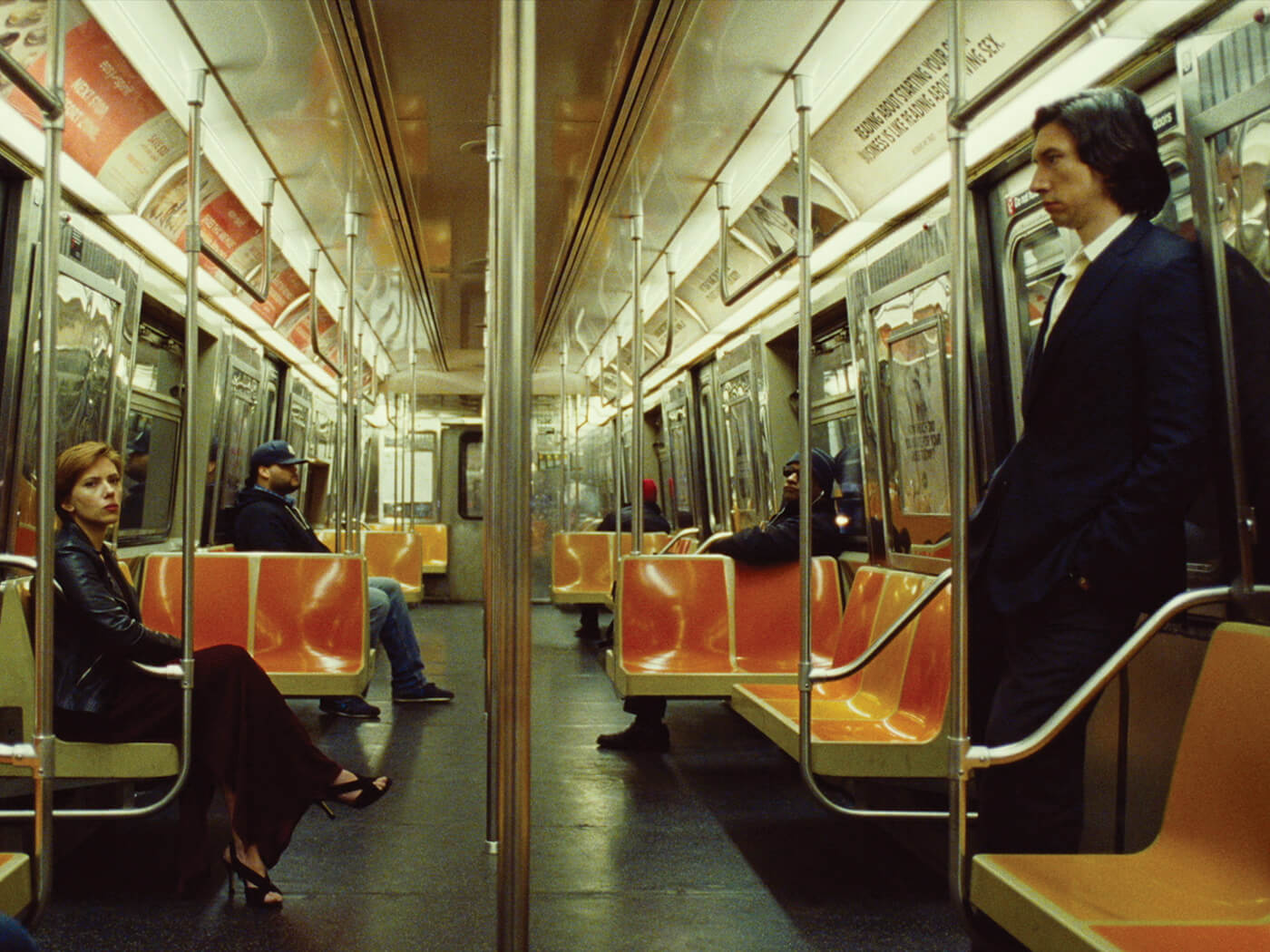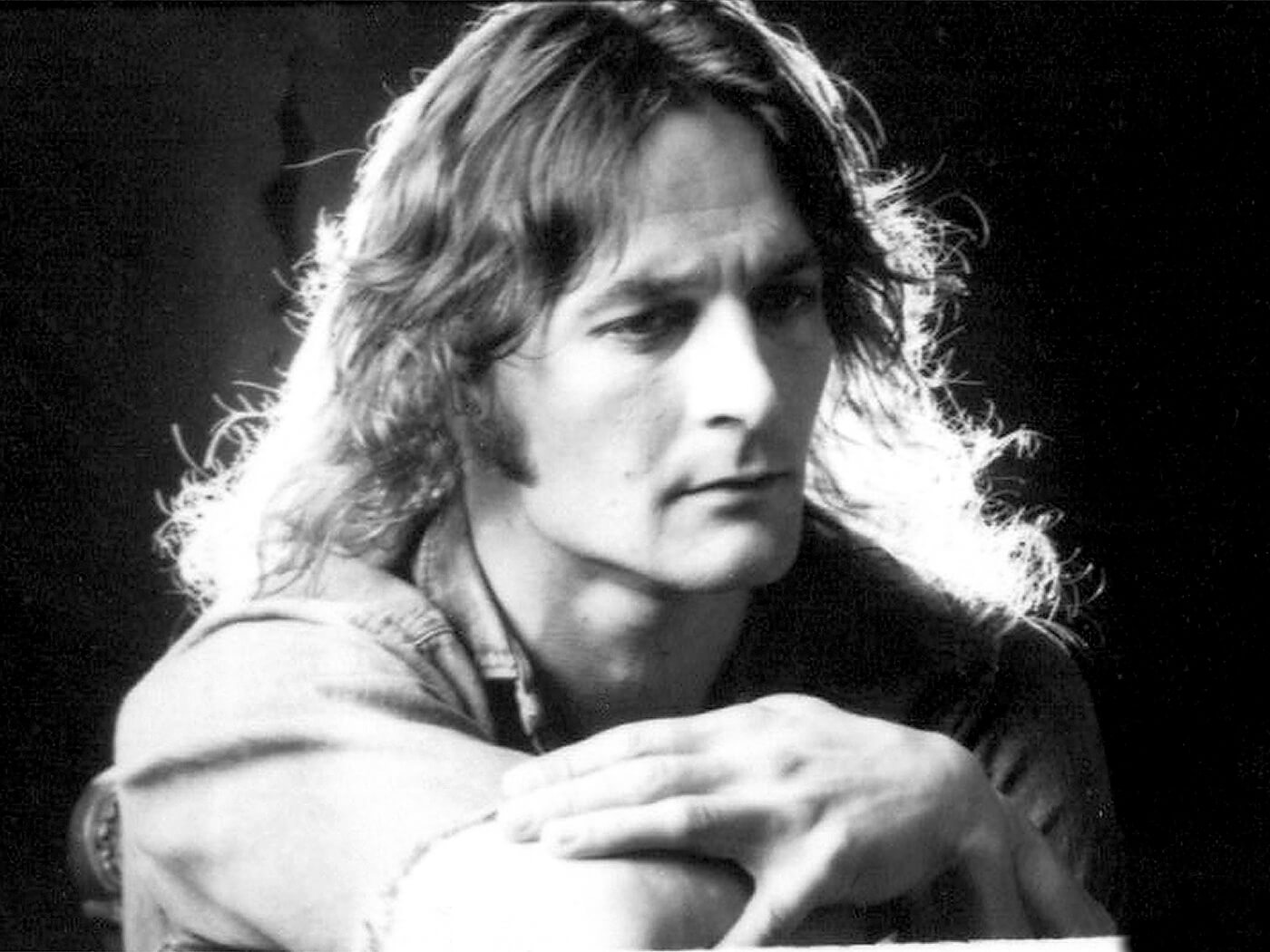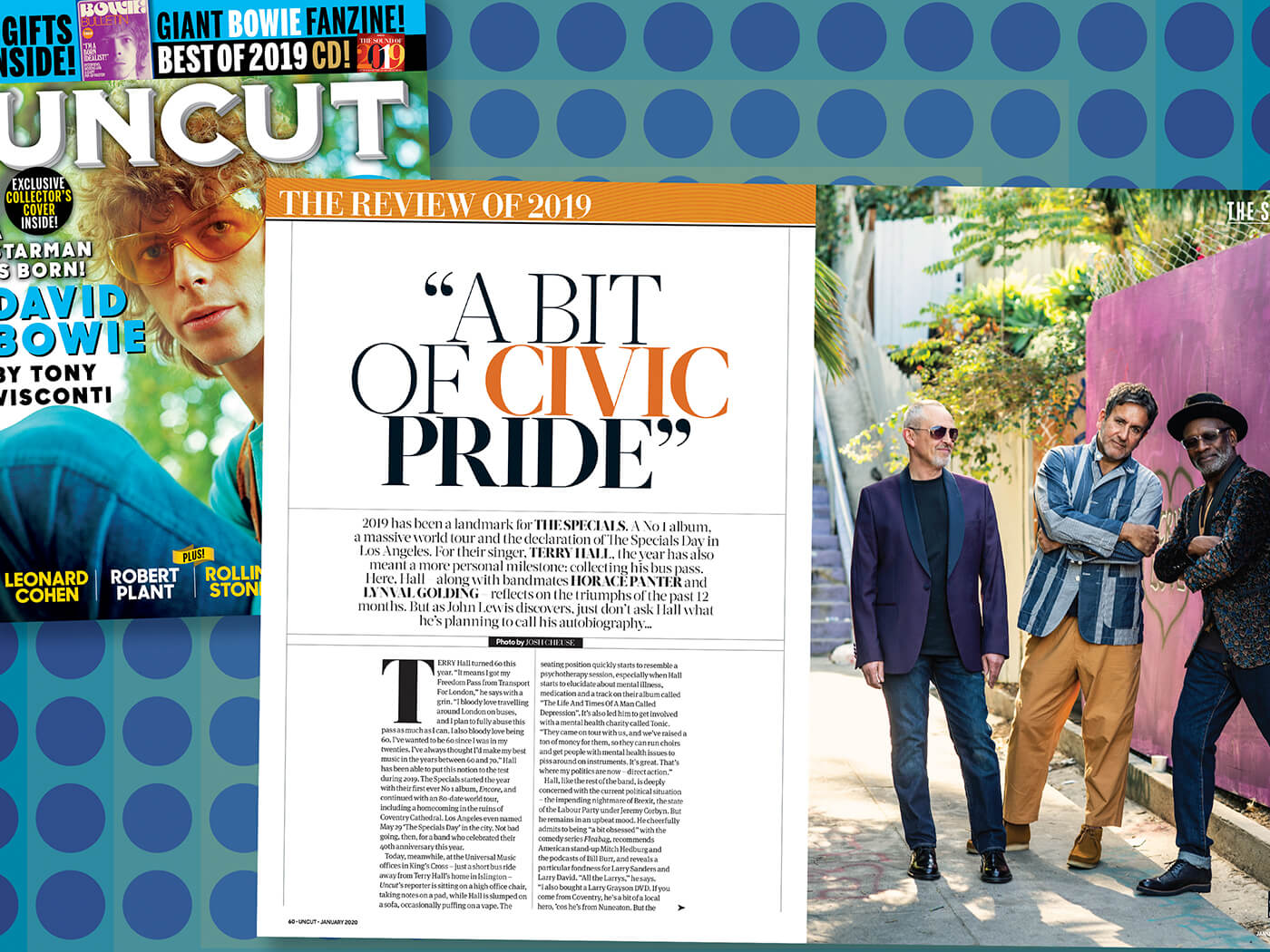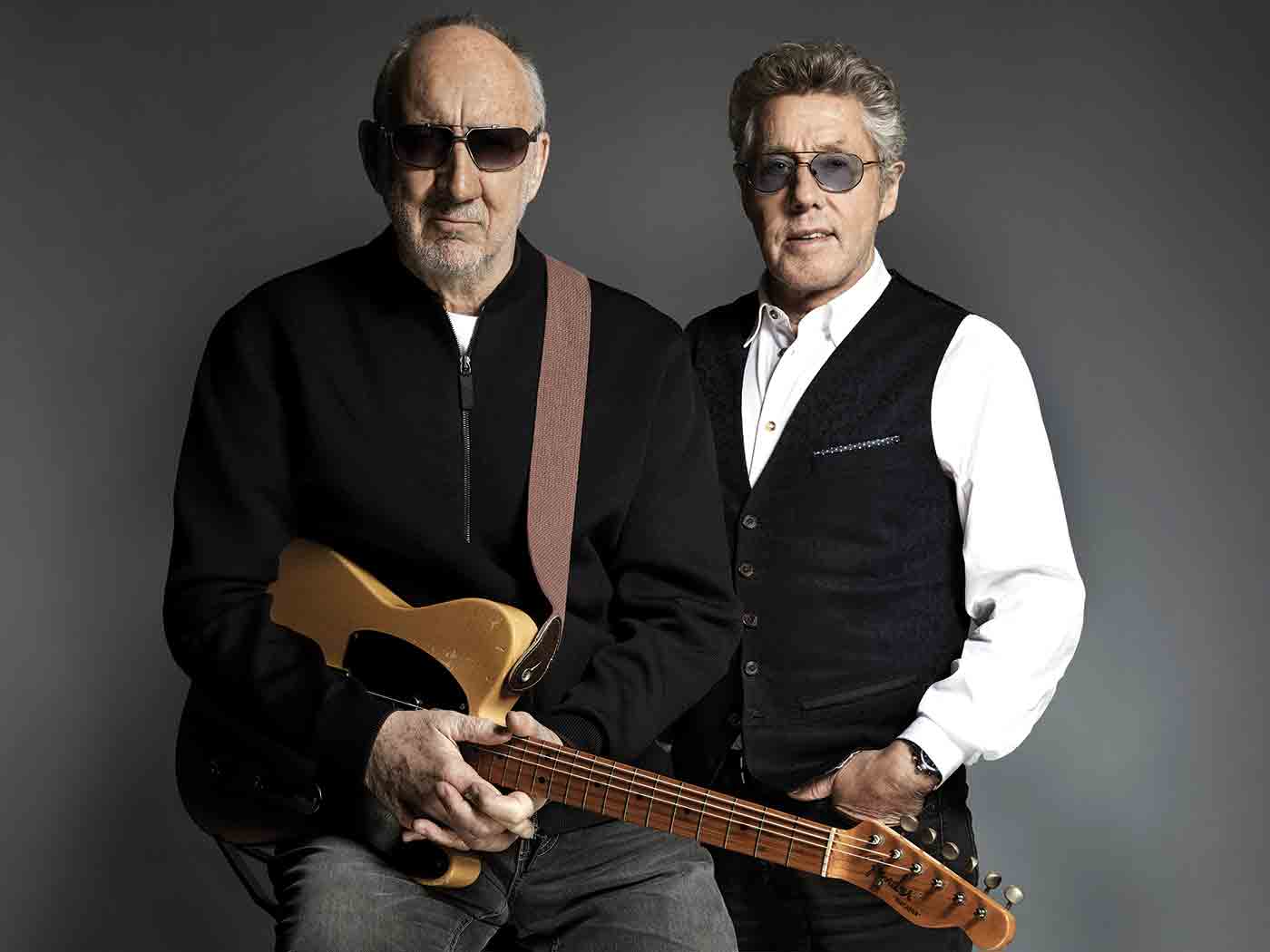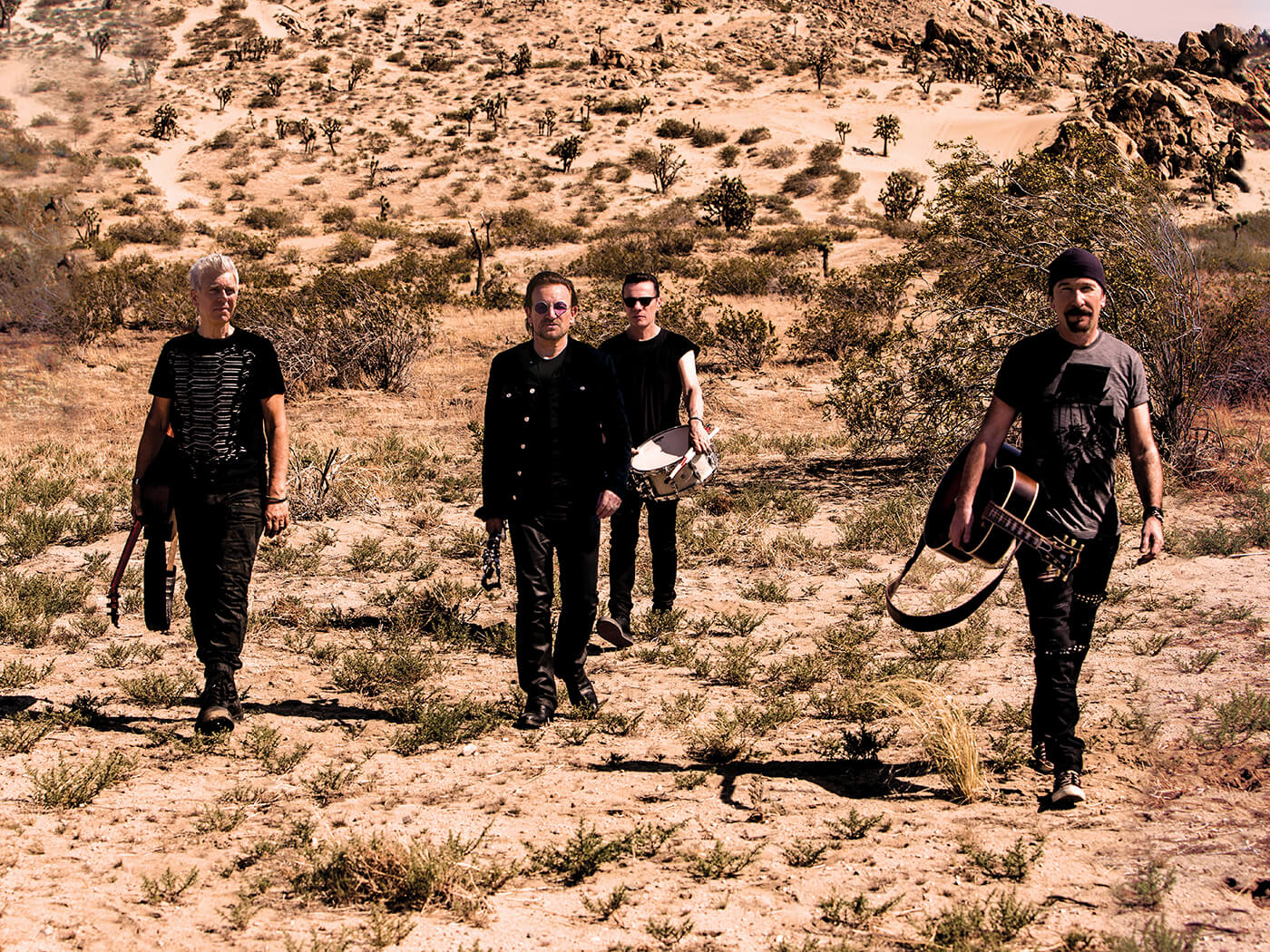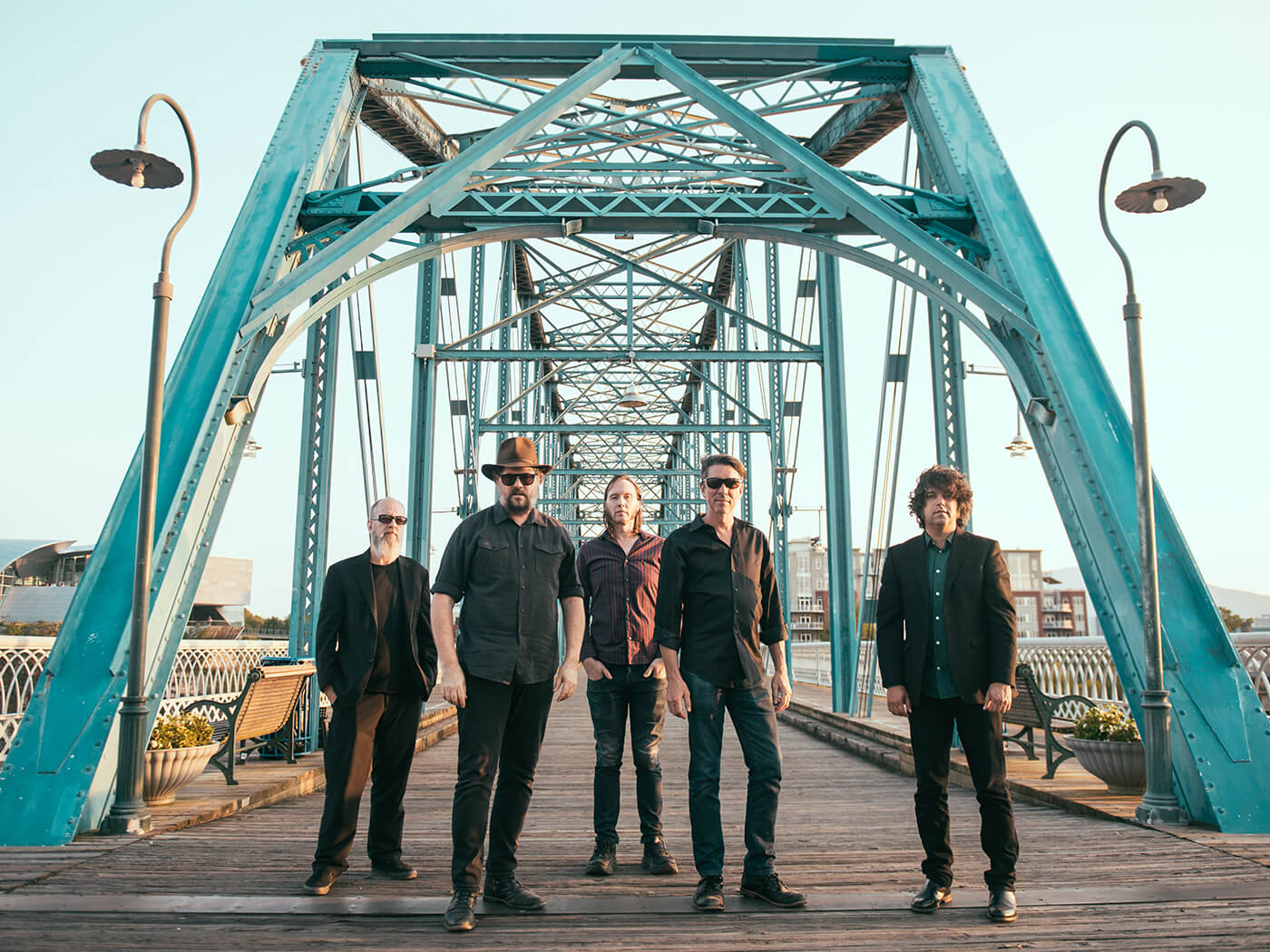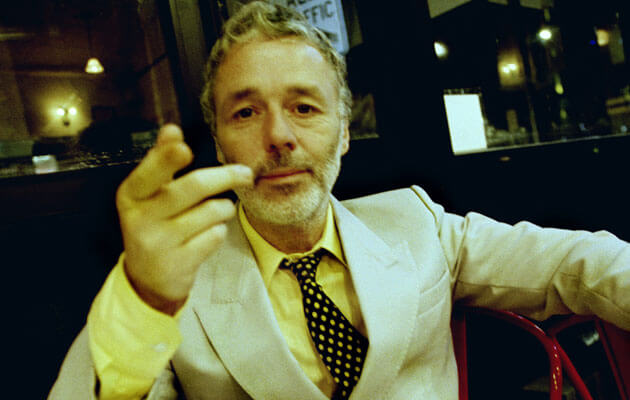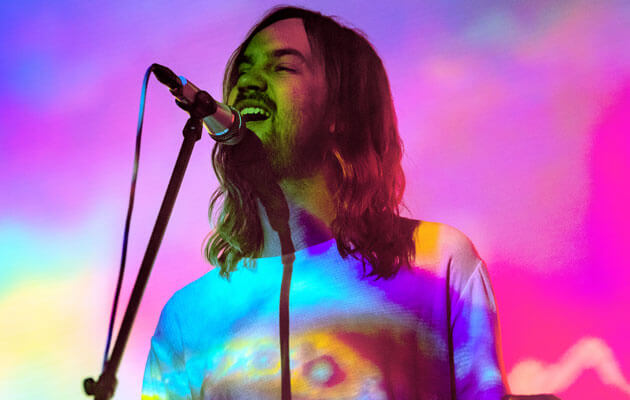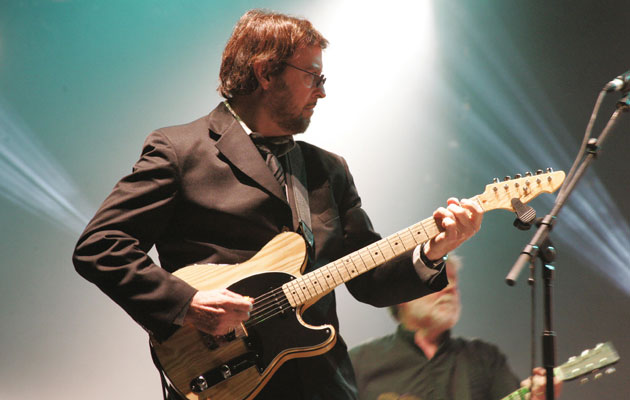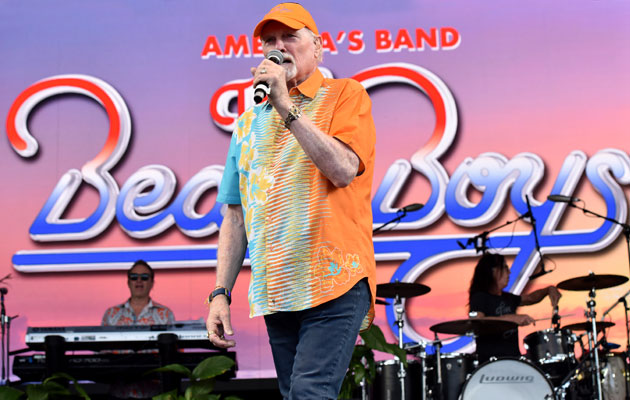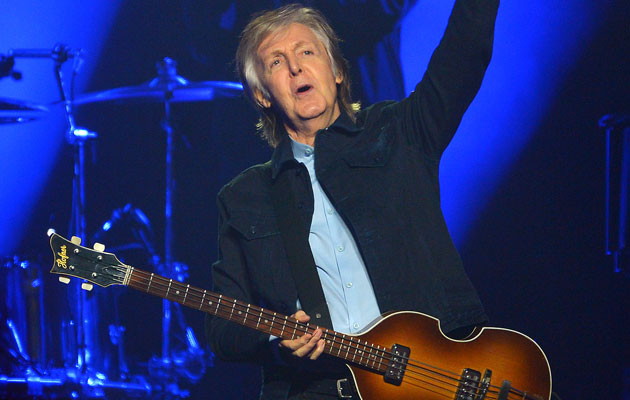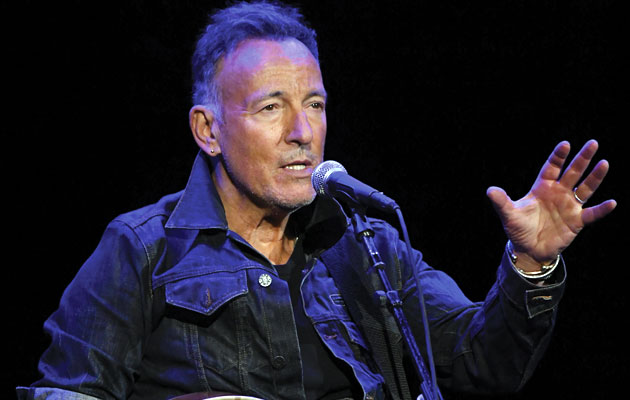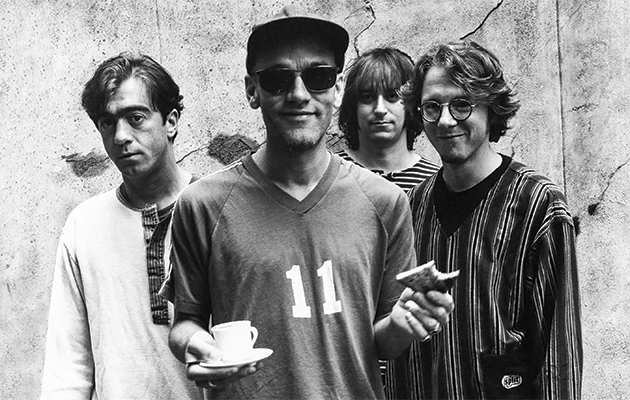To anyone who studied the violin at school, the four notes that open Athena’s ninth track, “House Of Open Tuning II”, will be strikingly familiar. Brittney Denise Parks, however, is more interested in following her own path, so she swiftly deconstructs the commonplace sound of those open strings over a fragmented beat.
That’s Sudan Archives, then: a study of contradictions, the pursuit of a singular vision. Parks started going by the nickname Sudan in her teens, after telling her mother that she didn’t think her birth name “fit”, and then, when her music executive stepfather tried to mould her into a pop duo with her twin sister, she was kicked out of the band and moved from Ohio to Los Angeles. There, she released two critically acclaimed EPs equally inspired by hip-hop and Sudanese fiddle, featuring little more than her voice, her violin and a loop pedal.
Athena, however, swaps those sparse textures for lusher arrangements, direct lyrics and a slate of collaborators. It brings together the many facets of Sudan Archives – religious and sensual, independent and codependent, tender and menacing – in a way that feels very deliberate, particularly when you learn that the final tracklisting was whittled down from around 60 potential songs. The album artwork features Parks posed as Athena, the Greek goddess of war: a reference, Parks says, to Black Athena, a disputed academic work about the forgotten African roots of classical civilisation. Squint and the pose, in which a bronze-cast Parks holds a violin aloft, could also be read as a black feminine spin on the most famous probable portrait of Vivaldi – but the Athena track that bears his name would almost certainly make the 18th-century composer blush. On “Black Vivaldi Sonata”, Parks plays both the seduced and seductress, her violin a needling pizzicato under layers of bedroom haze. “Who really needs to be rescued?” she croons, the sound of a woman turning away from her upbringing in the church in favour of more earthly pleasures.
The following “Down On Me” may open with layered violins that call to mind the tune-up of some heavenly orchestra, but the song makes no pretence at duality – this is straight-up raunch. Swirling strings, both plucked and bowed, back playfully liquid vocals in which Parks has great fun with the double entendre of the song’s title. “Green Eyes” almost does away with the vocals entirely: gasps and a hypnotic electronic melody do as much of the heavy lifting as the part-threatening, part-enticing repeated refrain: “Just feel it, don’t fight it.”
As if in recognition of the evolution between her earlier work and these atmospheric compositions, Parks takes her time building to that point. Album opener “Did Ya Know” acts as both bridge and jumping-off point, its pizzicato opening vulnerable and sparse before the plucked strings give way to a beat. It’s a breakup song, the yearning buried low in the mix as Parks tries to remind herself that the “little girl” who thought she could “rule the world” wouldn’t settle for somebody who has already moved on.
Lead single “Confessions” opens with a powerful orchestral surge, a violin riff and some handclap-style percussion – a luscious update of 2017’s “Come Meh Way”, as if to symbolise this new phase. The title alludes to Parks’ childhood performing in Ohio churches, the lyrics to her relocation to LA. “I’m too unique to kneel,” she sings, “there is a place that I call home but it’s not where I am welcome.”
The rhythmic, tender “Iceland Moss” finds Parks back in breakup mode, her soft, soulful voice exploring the should-I-stay-or-should-I-go complexity at the heart of a failed relationship. It lingers long after listening, headphones revealing the complexity of the music’s fades and swells.
The final five tracks fit together as a suite of songs documenting independence, financial and otherwise, and an escape from a controlling relationship. Independence comes with strident beats and, on “Glorious”, a guest verse from Cincinnati rapper D-Eight and the closest thing that the album has to a conventional chorus; entrapment with tremulous vibrato and a sticky, swampy melody. If, on “Limitless”, Parks is giving herself a pep talk, then the church girl who became her own saviour could be her greatest contradiction of all.



